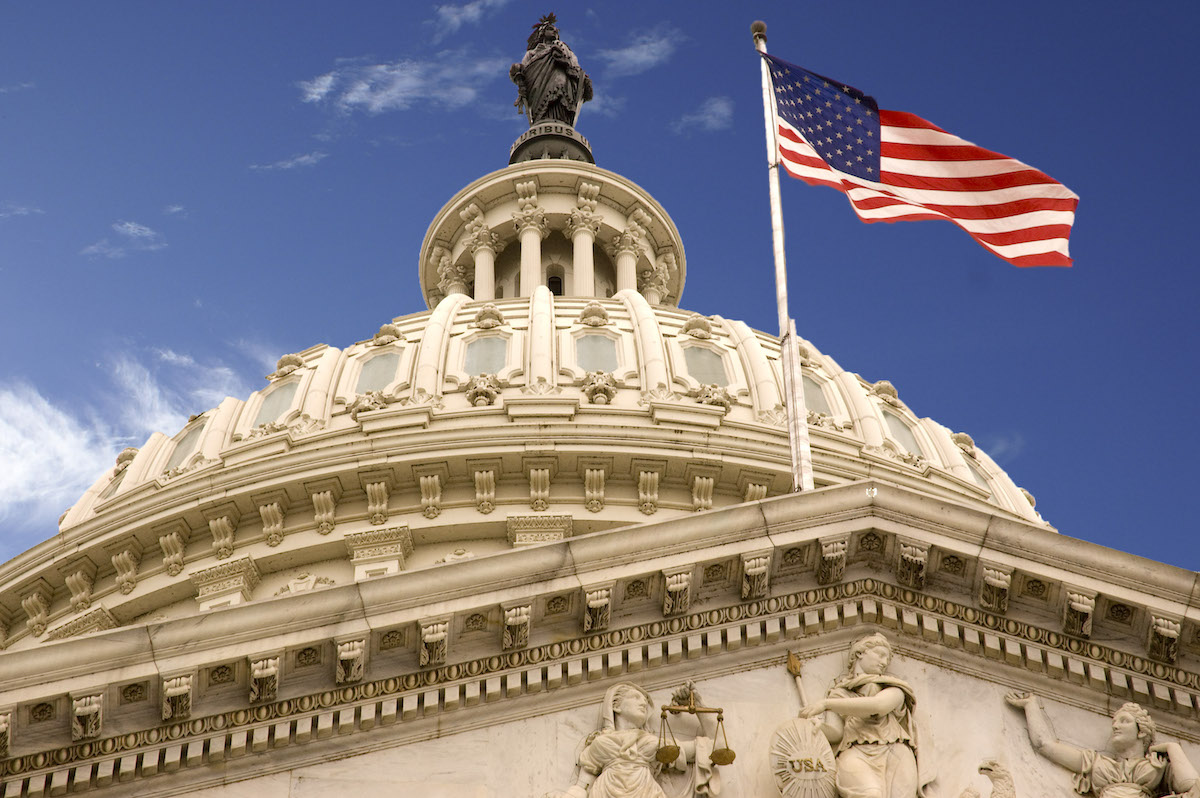The budget reconciliation bill President Trump signed into law on July 4 will devastate the finances of hospitals nationwide, particularly those in rural areas, according to a July 8 Third Way report.
Over 10 years, that law will eliminate more than $1 trillion from Medicaid, costing U.S. hospitals at least $24 billion in lost revenue annually, the report showed.
For journalists, the report includes a useful feature to assess the effects of the GOP’s Medicaid cuts on hospitals. “Our analysis quantifies the projected loss in annual revenue for every hospital in the country with available data,” wrote the report’s authors, Blair Elliott, a health policy adviser, and Darbin Wofford, the deputy director of health care at Third Way, a left-leaning think tank in Washington, D.C.
“The results are striking. Hospitals in North Carolina will lose nearly $728 million per year. Those in Texas will lose more than $609 million annually,” they added. “A single hospital in Indiana could lose more than $136 million alone.”
A foreseeable calamity
Medicaid provides about 20% of funding for hospital care, meaning hospitals in every state will feel the substantial loss, according to the Third Way report and this July 23 report in Health Affairs by Anne Morris Reid and Sara Rosenbaum for Health Affairs. Reid is a lecturer and policy director of the Funders Forum on Accountable Health at the Milken Institute School of Public Health at George Washington University. Rosenbaum is the Harold and Jane Hirsh Professor of Health Law and Policy emerita and founding chair of the Department of Health Policy at the Milken Institute School of Public Health.
As members of Congress considered the bill in late June and early July, they recognized the potential harm it could inflict on the nation’s hospitals, particularly those in rural areas, according to Health Affairs.
“Lawmakers and experts alike foresaw the calamitous implications of a trillion dollars in health care spending reductions over a decade,” Reid and Rosenbaum explained in the report. Hospital costs are the nation’s single biggest health care expenditure, they added, and in some states, Medicaid reaches 25% of total hospital spending, they added.
By cutting almost $1 trillion, as many as 17 million Americans would lose their health insurance over this same period, they added. Other estimates put the number of uninsured at 16 million.
“The Senate Republican Leadership’s response was to create a new Rural Health Transformation Program, a small state fund cobbled together behind closed doors that will fail to either ameliorate the harms of the massive health care cuts or improve the precarious position in which hospitals and other health providers treating the poor and underserved now find themselves,” Reid and Rosenbaum explained.
Implications of federal cuts on health insurance
Researchers at KFF also reported on the implications of the law, saying the law will increase the number of Americans who are uninsured, limit the ability of states to raise revenue so that they can increase payments to hospitals, physicians, and other health care providers and make other changes affecting the financial health of hospitals.
In that report, “What are the Implications of the 2025 Budget Reconciliation Bill for Hospitals?” KFF said: “Financial pressure on hospitals could affect patient care to the extent that hospitals respond by cutting certain expenses — such as by offering fewer services, laying off staff, or investing less in quality improvements — or close altogether, especially in rural areas.”
All the above reports noted that the law will cause millions of Americans to lose their health insurance, and many of them would be less likely to get health care when needed. Citing data from the Congressional Budget Office, KFF said the law will increase the number of uninsured Americans by almost 11 million, including 7.8 million due to changes to Medicaid and 3.1 million due to changes to the ACA exchanges. The number of Americans losing their health insurance could reach 16 million under new rules affecting enrollment in the ACA’s health insurance marketplaces, and if Congress fails to extend the Affordable Care Act’s enhanced premium tax credits, KFF noted.
“The substantial increase in uninsured Americans would likely lead to more uncompensated care, putting an additional strain on hospital finances,” KFF researchers noted.
More financial stress
In the Third Way report, Elliott and Wofford emphasized that people who are uninsured will seek care in emergency rooms, meaning hospitals will be forced to pay for that care in some way. Hospitals that are already operating in the red may not survive such increased financial pressures, they added.
For the more than 60 million Americans who live in rural areas, the situation would be even more dire, the Third Way authors noted. “More than 700 rural hospitals are in financial distress or at risk of closure,” they wrote. Substantial cuts to their income from Medicaid would add more financial stress on many of these facilities, forcing them to cut critical services such as maternity wards or to close altogether, they added.
Americans living in rural areas often need to travel great distances to reach the nearest hospital. Any closures of critical services or the hospitals themselves will mean these Americans will need to travel even farther, Elliott and Wofford explained.
